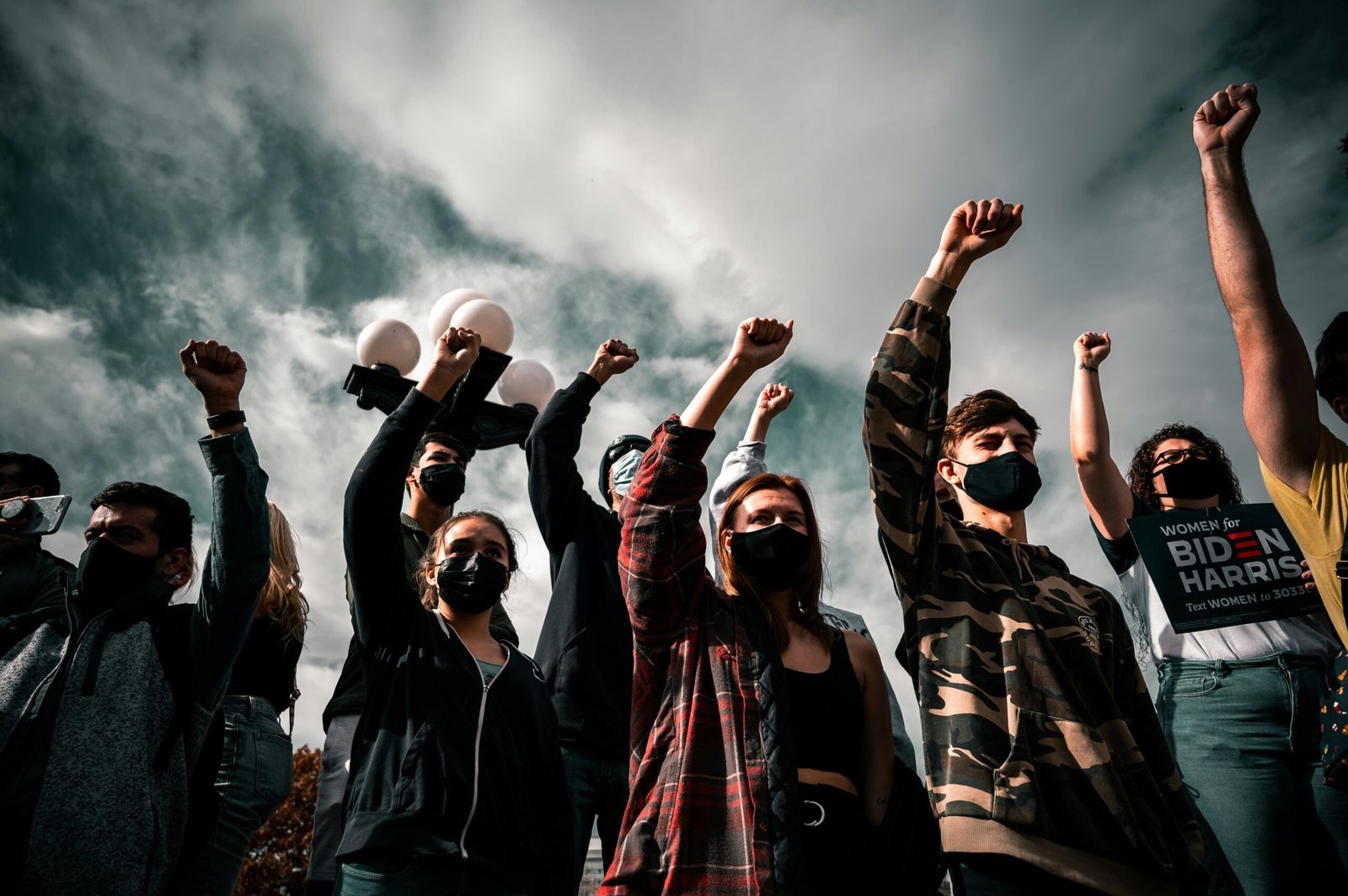Fascism has a long and troubling history. It’s a term that evokes images of oppression, division, and manipulation. Yet today, we see the echoes of fascist tactics in modern politics. The rise of figures who exploit social divisions to rally support highlights just how dangerous this can be. These leaders thrive on fear, using it as fuel for their agendas while tearing communities apart.
As society grapples with these challenges, understanding the strategies employed by such political figures becomes crucial. By recognizing how they capitalize on our differences, we can work towards building a more united front against divisive ideologies. Dive into the world of Fascisterne—those who wield discontent like a weapon—and discover what makes them tick in today’s political landscape.
Examples of Political Figures Using Social Divisions for Support
Throughout history, various political figures have capitalized on social divisions to rally support. Leaders often target minority groups or marginalized populations, framing them as threats to societal stability. This tactic stirs emotions and galvanizes their base.
One notable example is a recent politician who used divisive rhetoric during election campaigns. They painted certain ethnic communities as scapegoats for economic woes, stirring fears among constituents. The outcome? A surge in voter loyalty from those feeling threatened.
In another instance, leaders exploited cultural differences by emphasizing nationalism over inclusivity. By invoking shared identity and heritage, they successfully rallied support while sidelining progressive voices advocating unity.
These strategies reveal a recurring pattern where division becomes a tool for power accumulation. Political figures can manipulate existing tensions within society to drive wedges between communities and secure their own positions of authority.
Fear-Mongering and Propaganda Techniques
Fear-mongering is a powerful tool in the hands of those seeking to manipulate public sentiment. By amplifying threats, whether real or imagined, political figures can create an atmosphere of panic and distrust. This tactic allows them to position themselves as protectors against these perceived dangers.
Propaganda techniques often accompany fear-mongering. Misinformation spreads like wildfire when it plays on people’s emotions. Visuals that provoke strong reactions become weapons in this battle for hearts and minds.
Social media has accelerated this process, enabling rapid dissemination of misleading content. Hashtags and viral trends can reinforce divisive narratives almost instantly.
In such environments, critical thinking takes a backseat. People are more likely to accept distorted facts that align with their fears rather than challenge them. This creates an echo chamber where dissenting voices struggle to be heard amidst the chaos of alarmist rhetoric.
The Impact of Fascist Tactics on Society
Fascist tactics leave deep scars on society. They breed division and distrust among communities. When leaders exploit social divisions, they create an “us versus them” mentality that fractures the fabric of a nation.
People become isolated in their echo chambers, reinforcing prejudices instead of fostering dialogue. This polarization can lead to violence and unrest as groups clash over differing ideologies.
Moreover, the societal impact extends to institutions. Trust in media, law enforcement, and government erodes when propaganda becomes the norm. Citizens question facts and reality itself.
Families may find themselves at odds due to manipulated narratives that stoke anger or fear against specific groups. As empathy declines, so does our ability to connect with one another.
The long-term effects are damaging; generations may grow up entrenched in these toxic beliefs unless active measures are taken to bridge divides.
Combating the Spread of Fascism
Combating the spread of fascism requires a multifaceted approach. Education stands as one of our strongest tools. By teaching individuals about history, critical thinking, and media literacy, we can create a more informed society.
Community engagement plays a vital role too. When people come together to discuss their differences openly, they foster understanding and empathy. This connection can bridge divides often exploited by extremist groups.
Activism is crucial in resisting fascist ideologies. Grassroots movements empower citizens to stand against hate speech and discrimination while advocating for social justice.
Additionally, supporting inclusive policies helps dismantle systemic barriers that fuel division. Encouraging diversity within institutions promotes equity and representation.
Maintaining open channels of communication across all platforms strengthens democratic values. Dialogue fosters awareness; it allows diverse voices to be heard without resorting to fear tactics or manipulation.
Conclusion: The Importance of Unity and Understanding in Overcoming Fascism
The fight against fascism requires more than just awareness. It demands unity and understanding among individuals from all walks of life. When political figures manipulate social divisions, they thrive on fear and mistrust. To counter this, it’s essential for communities to come together.
Dialogue is crucial. Open conversations can dismantle stereotypes and foster empathy. By sharing experiences, we humanize each other beyond the labels imposed by divisive politics.
Education also plays a pivotal role in combating fascist ideologies. Understanding history helps us recognize patterns that lead to oppression. Knowledge empowers citizens to question narratives pushed by those seeking power through division.
Additionally, grassroots movements can create a robust network of support against authoritarian tactics. Collective action amplifies voices that stand for justice and equality.
It’s vital not only to resist attempts at manipulation but also to build bridges across differing perspectives. The strength found in diversity can serve as a powerful antidote to the toxicity of fascism.
As we navigate these challenging times, fostering solidarity becomes imperative for creating a future rooted in shared values rather than division or discord.

